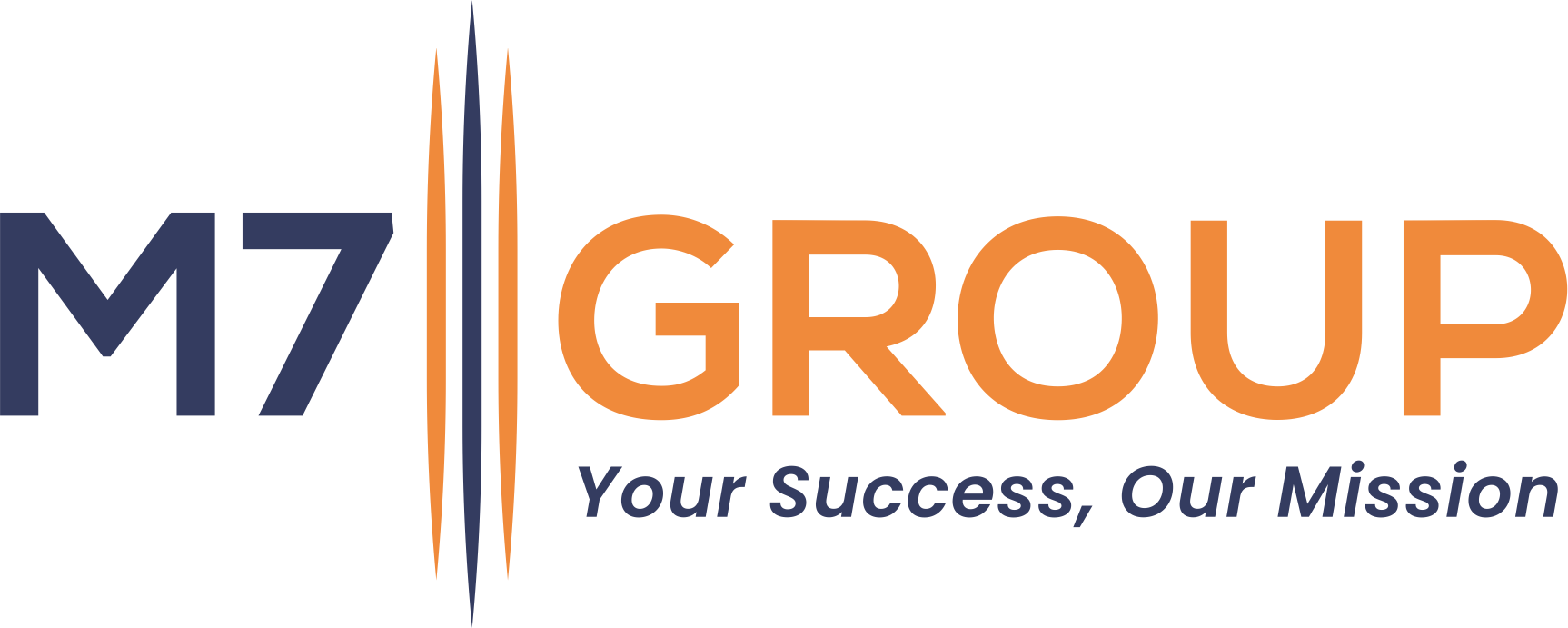Whether you are an employee of a trucking company or working as an owner-operator, it goes without saying that you work very hard for your money. You have earned it and we want to help you keep more of it in your pocket. Read below to learn how you can save on taxes:
One of the most effective way to reduce your taxes is to ensure that you are maximizing your tax deductions. For Canadian truck drivers, there are a large number of tax deductions that you should take advantage of when filing your corporation tax return. Below are some tax tips every truck driver should be aware of:
1. Incorporate Your Trucking Business
When incorporating your business, it is crucial to know how to structure your business to optimize tax benefits. If you already have a registered business, take advantage of our free consultation to learn if you need to change the structure of your business to increase profits. Planning to start a new business? Read our complete guide on how to successfully start s small business in Canada
2. Register for GST/HST Account
Be sure to register your business for Canada Revenue Agency (CRA) accounts such as GST/HST number and payroll account. If you’re an owner/operator working for a carrier, your sales/income are “zero-rated”. This mean that you should not collect GST/HST for your services. However you can still claim ITC on any GST/HST paid on your business expenses, thereby giving you a refund.
While zero-rated truckers are exempt from collecting GST/HST, if your are self-employed driver who is going to drive truck for someone else and he’s not a carrier, you must charge GST/HST on the amount. So be sure to provide your HST number to your employer before you start driving for them. Read our article on how and when to register for GST/HST
If you are owner operator and hire self-employed drivers, you must pay GST/HST to them on their gross income. Any GST/HST paid to your driver can be claimed back as a refund upon filing sales tax return. If you have questions about how to properly charge and report GST/HST, talk to your accountant.
3. Maximize Meals and Entertainment Allowance
Often times, meals and entertainment expenses are overlooked by many truck owners, but this tax planning strategy can save you thousands towards business and personal taxes. So be sure to take advantage of this tax deduction. There are two methods to calculate and claim meal expenses: the detailed or simplified method.
The detailed method is straight forward. If you want to use this method, you need to keep all of your meal receipts and your travel log. Then simply add up the costs of your meals and multiply them by 80% to calculate your tax deductions.
For simplified method, there is no need to keep track of receipts. You just need to calculate the number of meals you purchase each day. Canadian long-haul truck drivers are allowed to claim up to $69 per day. That works out to three meals a day at $23 per meal. Again, you multiply the number by 80% to calculate your tax deductions.
Under simplified method, Canadian long-haul truck drivers can take advantage of a higher tax deduction rate. These expenses can quickly add up and your annual meal expenses can be more than $17,000. Since only 80% of these expenses are tax deductible, you can claim over $14,000 of meal expenses on your annual taxes.
4. Home Office Expense
Home office expenses is the most common tax deduction for self-employed or small businesses in Canada. In order for your home office to qualify for business-related deductions, it must be your principal place of business or must be used exclusively for business. If you own your home, you can claim a portion of your house expenses like electricity, heat, water, insurance, property taxes, and mortgage interest, although you cannot claim the mortgage payments. If you rent your residence, you can claim a portion of the rent you pay.
5. Vehicle Expense
Another common tax deduction for truck drivers/owner operators is vehicle expenses. If you use a vehicle for your business, you can deduct costs related to that vehicle:
-
Maintenance and repairs
-
insurance
-
Fuel and parking
-
Capital Cost Allowance for owned vehicles
-
Lease payments for leased vehicles
-
Registration fees
If you are using the same vehicle for personal use, you can only deduct the percentage of those expenses related to when the vehicle is used for business purposes. You might want to purchase or lease the vehicle under your corporation name in order to maximize the tax benefits related to motor vehicle allowance.
6. Purchase Truck/Equipment Under Your Corporation
If you buy any capital asset for your business, you are not allowed to deduct the expense in the year of acquisition. However, when you buy capital asset, the truck, under the corporation, you can fully deduct the purchase costs as depreciation, known as CCA as per CRA books, which will reduce your corporate tax payable.
Repairs and maintenance expenses of your truck/equipment are fully deductible in the year in which they occur. We recommend that you never pay for these expenses in cash and pay with business credit card instead. Be sure to keep all the bills handy in case CRA asks to see them. These expenses will provide significant savings to your corporate taxes. The GST/HST that you pay on these repair costs will be fully refunded to you when filing sales tax return.
7. Pay Yourself Mix of Salary and Dividends
As a owner or employee of your corporation in Canada, you have the flexibility of paying yourself in the form of salary, dividend or a combination of both. We cannot stress enough on how important it is to pay yourself both salary and dividends to optimize tax savings.
When you pay yourself salary, it allows you to contribute to the Canada Pension Plan (dividends do not). This means you will benefit in the future when you collect CPP. Any payments you make yourself in the form of salary is a tax deduction for your corporation. Salary also allows you to withhold taxes from each payment and remit to CRA. This means that you will have fewer tax bill surprises during tax season.
Any profits left in the corporation can be declared/paid as dividends to the shareholder/owner of the corporation. So if you need additional funds, you can always draw additional funds from your corporation account as dividends. Interested to learn more about Salary vs. Dividends? Read our article: How to pay yourself from your corporation
8. Cell Phone Expense
The Canada Revenue Agency (CRA) allows self-employed drivers and owner operator Canadians to write-off cell phone expenses reasonably incurred while pursuing profit for your business. If you use your cell phone for both personal and business use, you can only claim a portion of its cost as a business expense. When you purchase a cell phone, you may not be able to write off the full cost in the year of purchase. Instead, you are allowed to claim CCA or depreciate the cost of cell phone over a number of years.
In addition to the tax deductions explained above, you will have various operating costs that will be eligible for deductions. Some examples:
-
Insurance fees
-
Maintenance and repair cost
-
Management and administration fees
-
Advertising and marketing expenses
-
Legal, Accounting, and other professional fees
-
Membership dues
-
Business licenses
-
Bank fees and interest
-
Road cost
Conclusion
When it comes to income tax, every deduction helps. Whether you do your own taxes or work with an accountant, you should be well-informed of what business expenses can be deducted from your income tax. With the right advice and tax planning strategies, you can lower corporate taxes and have a much more profitable business. Work with us. Our goal is to optimize your business tax savings and accelerate business growth. We provide exceptional customer service and complete business support with every step of the way to ensure your business is off to a great start. Schedule your free consultation today!

